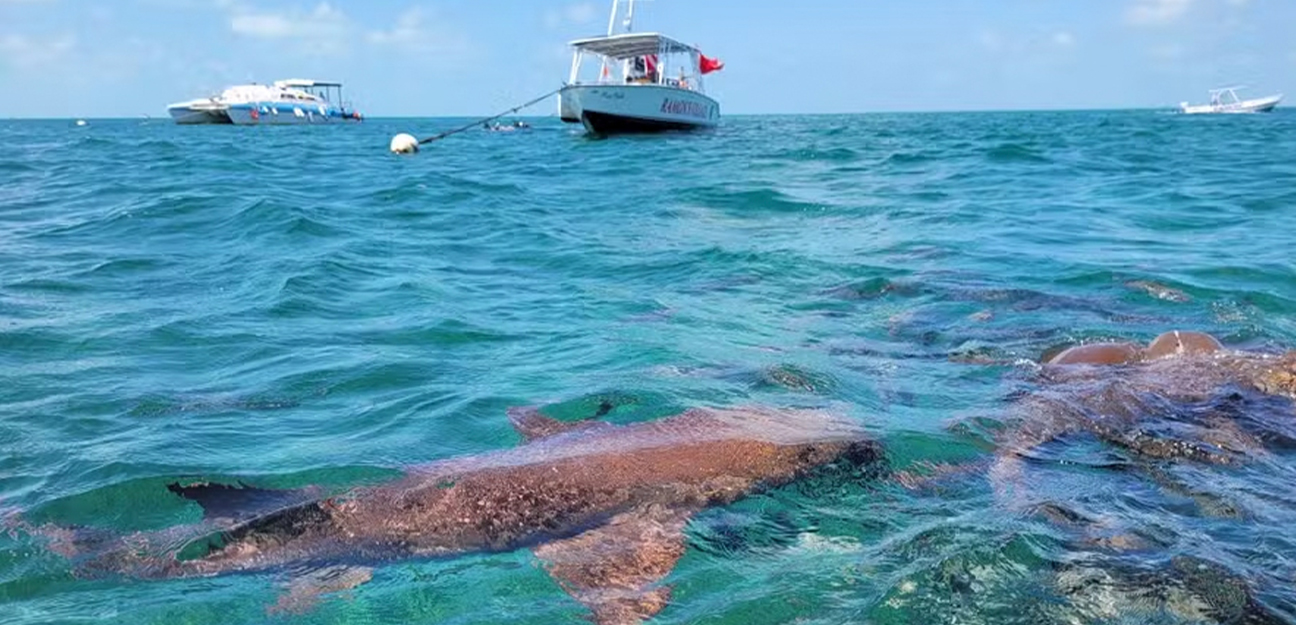A Sea That Unites Us - Integration between Brazil and the Greater Caribbean is strategic

By Noemí Espinoza Madrid
June 13, 2025
The world today is facing an unprecedented overlap of crises, among which I highlight two for their magnitude and urgency: the climate crisis and the geopolitical crisis. Both threaten our very existence as humanity, exposing the limits of current development models and underscoring the urgent need for a structural transformation rooted in sustainability and environmental justice. The second crisis confronts us with increasingly sharp tensions and polarization but also opens up an opportunity to revitalize multilateralism, recover its essence, and prioritize cooperation, peace, and equality.
In this context, Brazil’s leadership on the global stage represents a beacon of hope for those who believe in a fairer and more solidaristic world. President Luiz Inácio Lula da Silva’s assertion that “Brazil is back” opens new possibilities to rethink international alliances through the lens of South-South cooperation. Throughout his terms in office, President Lula has championed an active Latin American diplomacy committed to regional integration and a more horizontal international order. This vision also gives us the opportunity to reposition the Greater Caribbean not as a periphery, but as a natural partner in building a regional architecture based on equality.
It is essential to recognize the strategic value of the Caribbean Sea as a global common good. This maritime space not only connects us geographically, but also harbors extremely rich marine ecosystems. Its reefs, mangroves, and marine flora capture carbon and serve as barriers against extreme weather events. Moreover, the Caribbean Sea is a vital logistics corridor for international trade and a source of livelihood for millions of people. Preserving it is an urgent and collective task. Its defense is not just an environmental cause, but a commitment to our shared future.
The Association of Caribbean States (ACS), which brings together 25 Member States and 10 Associate Members of the Greater Caribbean, recognizes Brazil—as an Observer State—as an indispensable ally for advancing joint responses to shared challenges. Sargassum management, protection of the Caribbean Sea, and the humanitarian crisis in Haiti are among the issues that could shape a strategic alliance in the face of the aforementioned climate and political crises.
Brazil–Caribbean cooperation has the potential to strengthen our strategic capacities in an interdependent world. At the ACS Secretariat, we believe this relationship should be envisioned as a multilateral platform for innovation, solidarity, and climate justice. South-South cooperation is a legitimate way for our people to have their own voice on major multilateral stages.
In this process of reconfiguring the international framework, Brazil has made clear its aspiration to achieve a more balanced and truly multipolar order—one that allows for a more equal, inclusive, and plural world. It plays a crucial role within the BRICS, pushing for structural reforms in financial, climate, and security governance, and within the Community of Latin American and Caribbean States (CELAC), strengthening political dialogue between Latin America and the Caribbean. This dual projection helps amplify Southern voices, foster regional consensus, and promote collective solutions to contemporary challenges.
The COP30, to be held in Belém, will be a strategic opportunity for Latin America and the Caribbean to present themselves to the world as a leading region with its own voice on the climate agenda. This role will depend on our ability to coordinate politically and to present solid, collective proposals. Only if we act as a cohesive region with a shared vision will we be able to propose concrete alternatives for change. One emblematic example is sargassum: what is currently perceived as an environmental challenge can become a real opportunity for the socioeconomic development of our coastal communities—if we integrate cooperation, science, and innovation.
On that path, the Brazil–Caribbean Summit, held today in Brasília, is a key stop toward building this common voice between Latin America and the Caribbean. It is a space to translate historical and cultural affinities into an agreed agenda, with Brazil as a strategic ally, facilitating more coherent and effective integration. At the ACS Secretariat, we are working to turn this shared aspiration into a concrete action agenda. The visit of Foreign Minister Mauro Vieira to the Secretariat’s headquarters in Trinidad and Tobago in January, and the signing of a Basic Agreement on Technical Cooperation with Brazil, will enable joint initiatives in priority areas and mark a firm step toward structured cooperation with a long-term vision.
The Greater Caribbean and Brazil share more than geographical proximity: they share a worldview grounded in dignity, sovereignty, and sustainable development. Strengthening this relationship not only honors our shared history of struggle and resistance, but also projects a horizon of cooperation based on mutual recognition and the conviction that another global order is possible. From this Secretariat, we reaffirm our commitment to this alliance—to consolidate our Latin-Caribbean identity, to embrace our cultures, and to shape shared futures. At the heart of this commitment is the protection of the sea that unites us, which is, without a doubt, a vital engine of this transformative integration.
Noemí Espinoza Madrid is the Secretary-General of the Association of Caribbean States (ACS)
Original article:
https://oglobo.globo.com/opiniao/artigos/coluna/2025/06/um-mar-que-nos-une.ghtml




